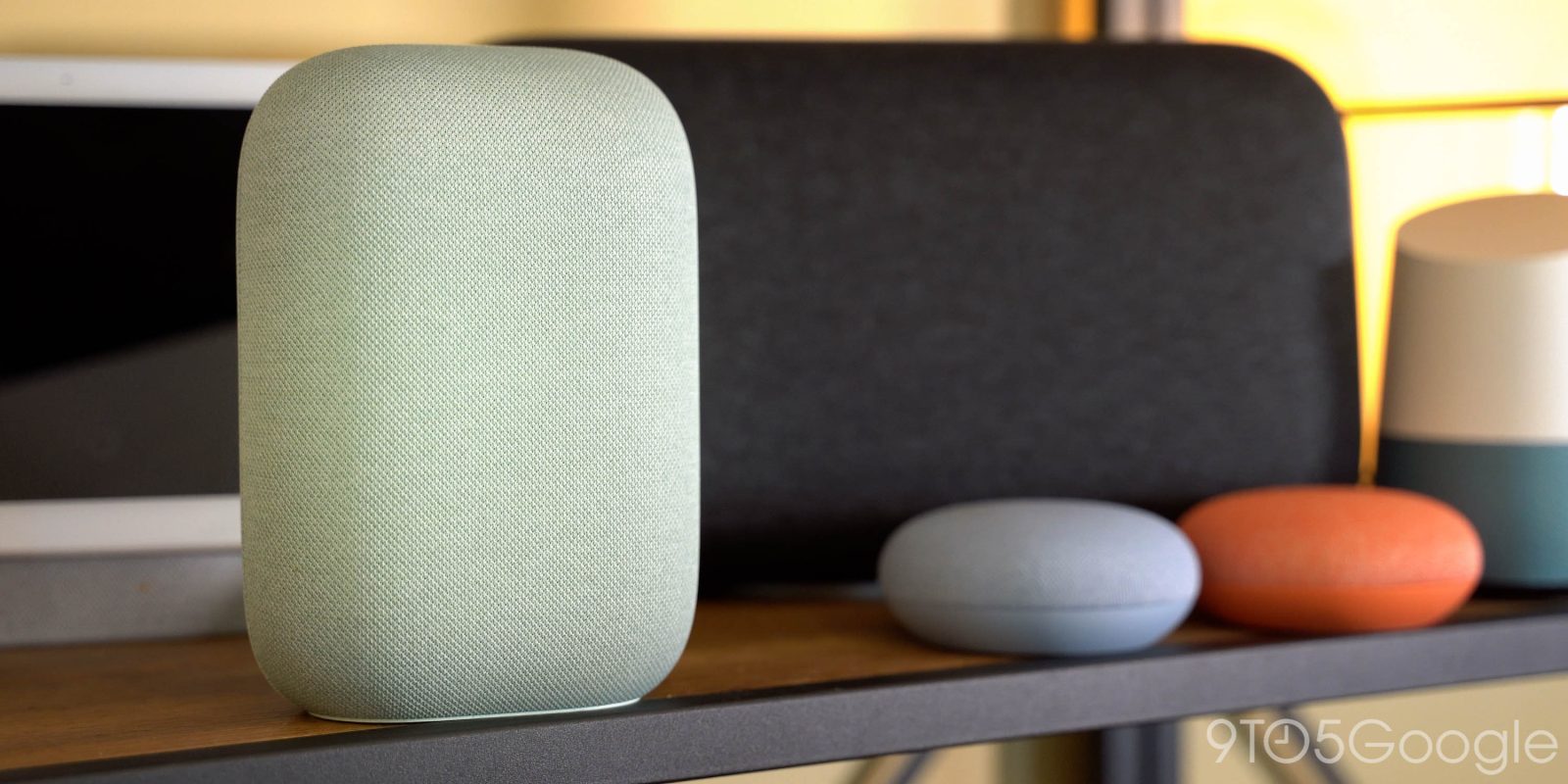
Just last month, Google was forced to limit Nest and Home devices to one Speaker Group in response to the Sonos lawsuit. The underlying patent has now been ruled invalid by a US judge.
Back in May, a jury found that Google infringed on that one patent and fined the company $32.5 million. Google immediately countered, and asked the judge to look at the validity of the underlying patent.
Last Friday, the court agreed with Google, describing the timeline as such:
In fact, in 2014, five years before Sonos filed the applications and presented the claims, accused infringer Google LLC shared with Sonos a plan for a product that would practice what would become the claimed invention… Google then began introducing its own products that practiced the invention in 2015. Even so, Sonos waited until 2019 to pursue claims on the invention (and until 2020 to roll out the invention in its own product line).
The judge notably says:
“This was not a case of an inventor leading the industry to something new,” the Court wrote. “This was a case of the industry leading with something new and, only then, an inventor coming out of the woodwork to say that he had come up with the idea first — wringing fresh claims to read on a competitor’s products from an ancient application.”
“It is wrong that our patent system was used in this way,” the Court wrote. “With its constitutional underpinnings, this system is intended to promote and protect innovation. Here, by contrast, it was used to punish an innovator and to enrich a pretender by delay and sleight of hand. It has taken a full trial to learn this sad fact, but, at long last, a measure of justice is done.”
According to Reuters, Sonos plans to appeal. Meanwhile, Google is out with a strong blog post today:
The decision shows the weakness of a central plank of Sonos’ campaign. The court stated that Sonos’ patents are both invalid – meaning they never should have been granted in the first place – and unenforceable, and affirmed that we developed the technology first and independently.
In terms of the end user impact, Google says users “will once again be able to seamlessly group and integrate Google smart speakers.” Specifically, Nest displays, speakers, and Chromecast can once again be placed in more than one Speaker Group. Google is rolling out this fix “immediately” and expects it to “go live across our devices and the Home App on Android in the next 48 hours.” The update is “coming soon” to Google Home for iOS.
Meanwhile, users lost the ability to change the volume of a Speaker Group using a phone’s physical volume rocker in 2022.
FTC: We use income earning auto affiliate links. More.



Comments